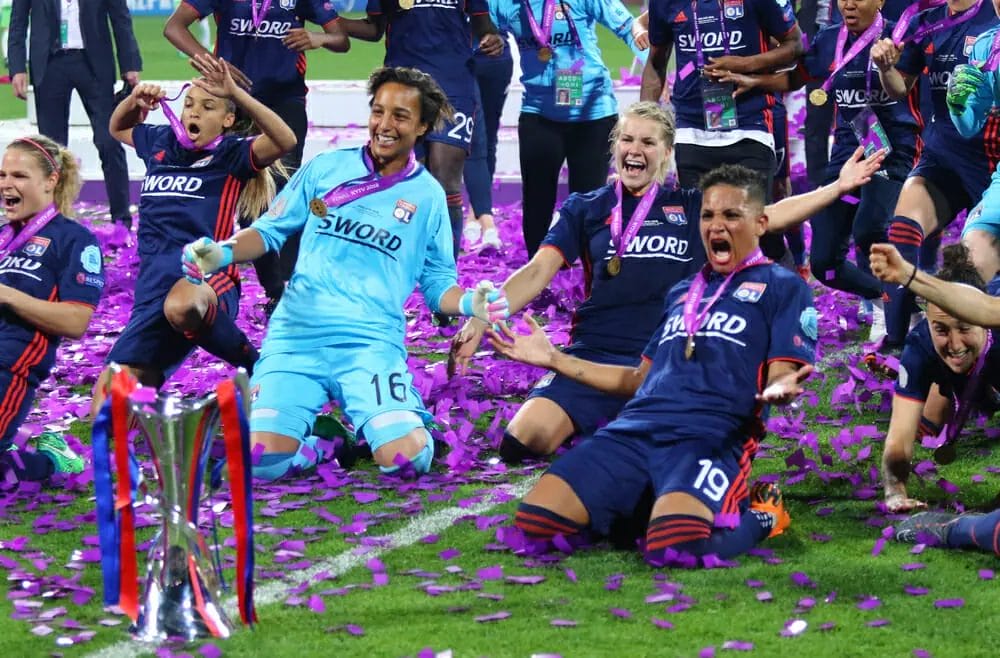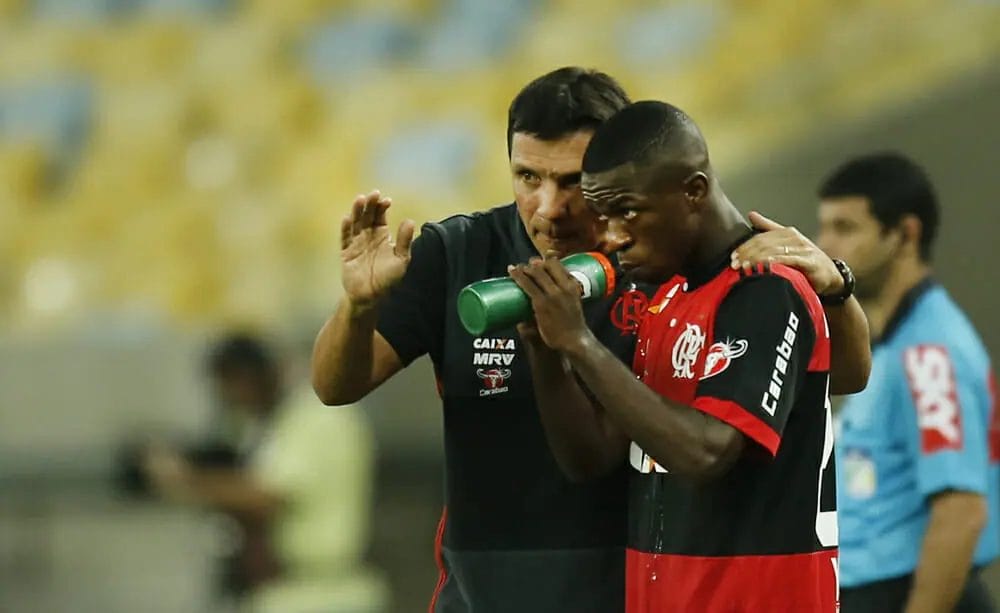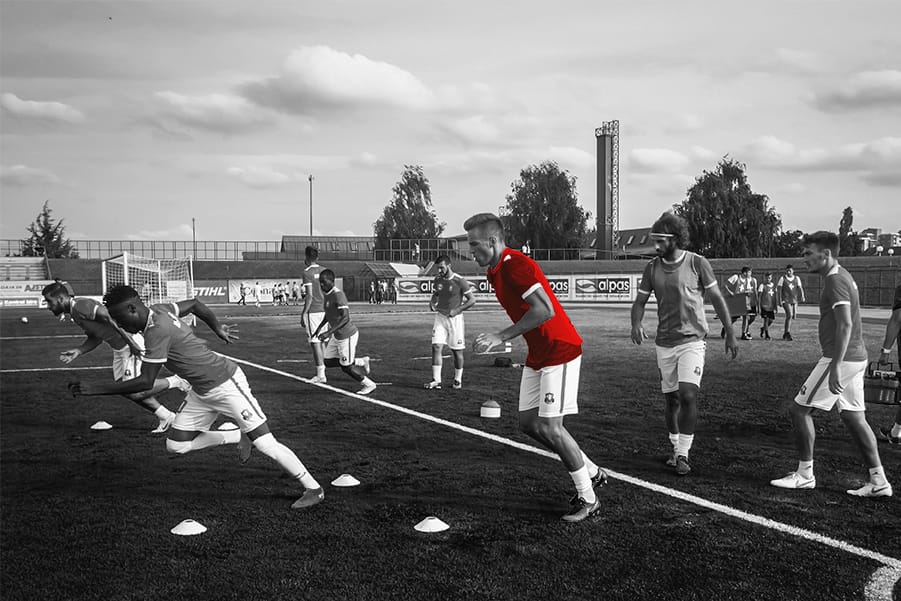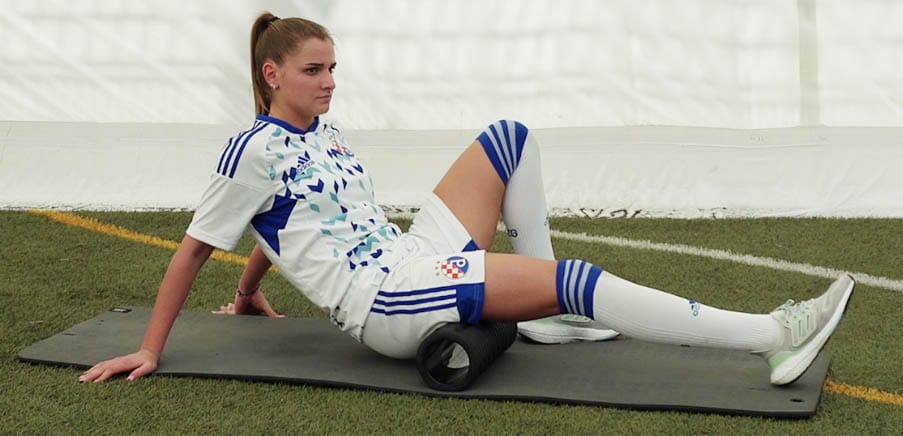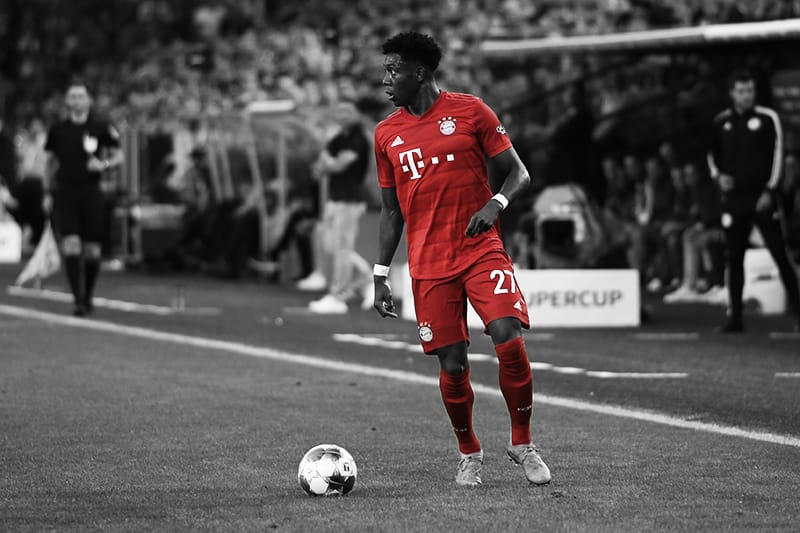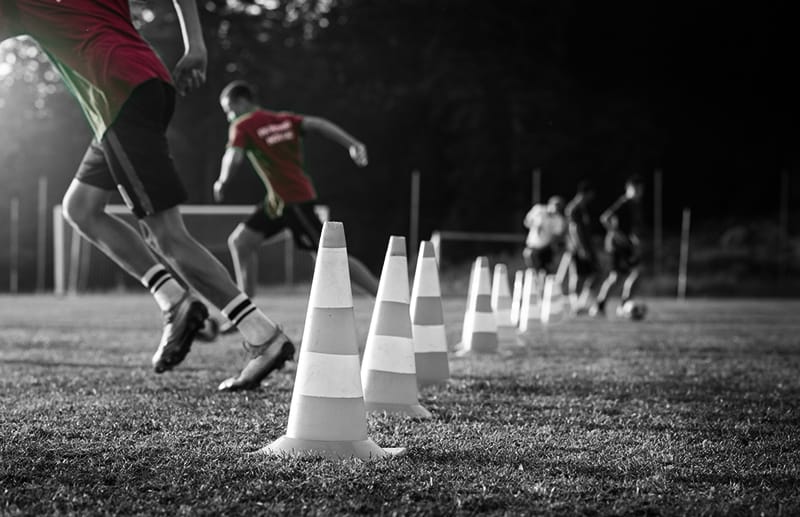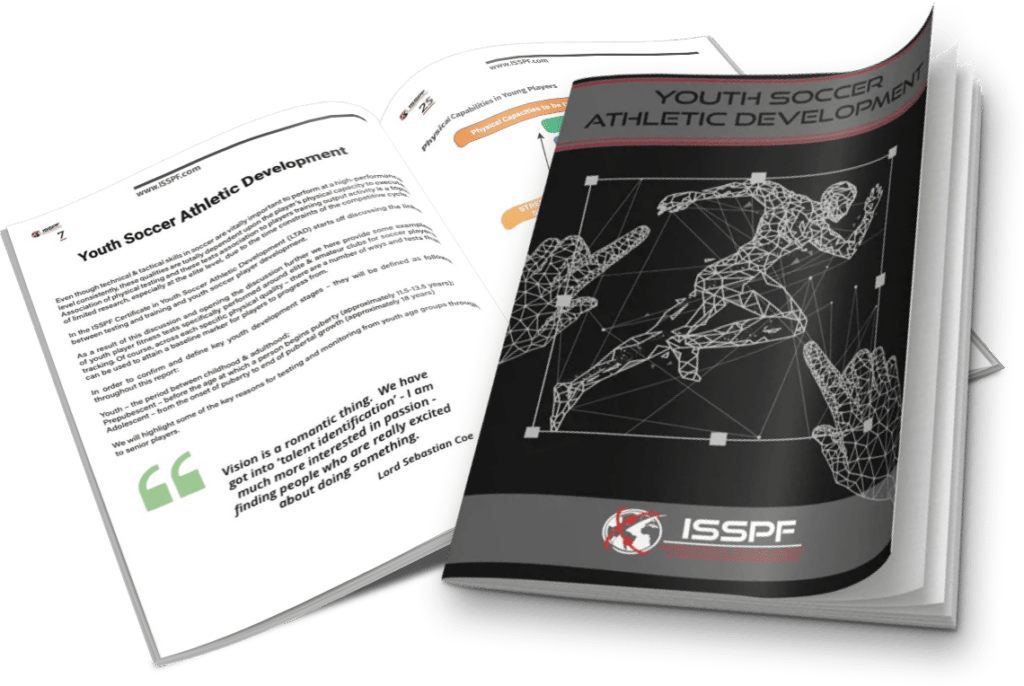Motivation is the foundation of all athletic effort and accomplishment…
Ronald Koeman said he wished Lionel Messi the best through a social media posting…
“Still hard to understand that you will not play for FC Barcelona anymore. Thanks for everything you have done for our club Leo.
I really enjoyed the full season we worked together. I am impressed with your work ethic and desire to win. It makes you the best player in the world.”
After all the individual & collective accolades the ‘little genius’ has won over his illustrious career, and to continue to apply a high work ethic & desire, the term ‘motivation to be the best’ is very apparent.
How to Make Motivation Work
To become the best athlete, football player or coach you can be, you must be motivated to do what it takes to maximize your ability and achieve your goals day in & day out.
Motivation, simply defined, is the ability to initiate and persist at a task. From a coaching perspective –
- How do you maximise your players, athletes or staff’s motivation levels?
- What makes them tick?
- What is their main motivation to perform and how can you as a leader draw that out of them!
Understanding what gets your players prepared to perform is key as a coach, manager or leader of a department and ISSPF has the experts ready to deliver some key interventions and modules to help you progress within team sport environments.
Goal setting has received a lot of research-based attention and its use has been supported by elite-level practitioners, players and coaches as a way of focusing on motivational traits.
ISSPF faculty member Sarah Murray in the ISSPF Soccer Psychology & Mental Skills Training Course covers this key topic and highlights how goal setting affects performance by directing individuals’ focus & attention, increasing persistence, and motivational strategy.
According to one report, goal setting & focussing on achievable targets are like magnets that attract soccer players & athletes to achieve more over time.
Bueno, Weinberg, Fernandez-Castro, and Capdevila (2008) suggested that both motivational and emotional mechanisms were important mediators in improving the efficacy & efficiency of goal setting in endurance-related sports.
Whereas researchers (Burton & Raedeke, 2008; Vealey, 2007) found that there is a close relationship between goal setting and imagery during practice and competition.
These are also 2 key focus areas within the mental skills training aspect of the ISSPF Soccer Psychology & Mental Skills Training online coaching course.
Interestingly, most individuals are involved within sport for a variety of reasons. Soccer players, staff members, coaches or head coach/manager’s participation in sport across all levels of ability and age groups generally fall into line with two major motivational categories: intrinsic and extrinsic.
What is Intrinsic Motivation?
Individuals who are generally intrinsically motivated particularly perform and sustain high levels of motivation through enjoyment and gaining satisfaction, with a large focus and concentration on skill improvement and growth.
Intrinsic Motivation Behaviours
- Better task-relevant focus
- Fewer changes (ups and downs in personality) in motivation
- Less distractions
- Less stress when mistakes are made
- Increased confidence and self-efficacy
- Greater satisfaction
What is Extrinsic Motivation?
Behaviour Controlled by Extrinsic Rewards
Motivation based on;
- Extrinsic rewards – money, media praise, trophies
- Avoiding punishment or guilt (not my fault)
- “Should” do something
Our ISSPF Foundation Certificate in Soccer Psychology & Mental Skills Training is the perfect online sports psychology course to not only learn from world leaders in the area, and understand the development & application within team sports, but also to be able to enhance your role & guidance as a coach, practitioner, performance or medical staff member.
All of these questions, skills & components are needed to be able to compete & progress to the next level irrespective of the job or role you perform!
Join our Soccer Psychology Course
Our ISSPF Certificate in Soccer Psychology & Mental Skills Training is the perfect online sports psychology course to not only learn from world leaders in the area, and understand the development & application within team sports, but also to be able to enhance your role & guidance as a coach, practitioner, performance or medical staff member.
All of these questions, skills & components are needed to be able to compete & progress to the next level irrespective of the job or role you perform!
The fact elite players are not only describing the importance of ‘sports science’ support staff within the International team set up at major tournaments but really utilising them shows the need for continued education in this area to promote development in football or soccer science.
The demand for sports psychologists & mental skills training specialists with a focus on football science is growing year upon year.
Thousands of coaches, students & independent learners with qualifications, coaching badges & sport science degrees, are asking the key question – How do I get a job in football?
The bespoke courses developed by ISSPF Faculty members are a way of further exposing sports science students, individuals working within the game & other football science enthusiasts with a thirst to develop further in this area.
The link below will take you to the hugely popular & expertly designed ISSPF expertly endorsed, & accredited Online Football Psychology & Mental Skills Training course, where you will be exposed to football science research and practical examples used within varying levels of team sports.
Online Football Psychology & Mental Skills Training
How Will This Course Improve You?
- Understanding the key components of what drives coaches, players, & athletes to succeed is of paramount importance.
- Developing strategies in order to prepare individuals for both training & competitive games from a psychological perspective is of great benefit to coaches & practitioners.
- Coaches & performance practitioners can make huge advances in this under-applied area of coaching & sport science.
- This course is developed specifically to enhance the coaching & performance process.
- All practitioners & coaches can only benefit themselves & their players even further by having a more in-depth knowledge of applied psychology & mental skills training development.
- May help us to maximise our decision-making through a better understanding & appreciation of psychological & mental skill principles.
What Does This Course Cover?
Outline of the Online Sports Psychology & Mental Skills course:
Module 1: An introduction to sport psychology & its role within soccer: Increasing awareness
Lecturer: Dr. Alonya Grushko (Russia) Dynamo Moscow
Module 2: Energy management in the game
Lecturer: Ricardo Pires (Portugal) SL Benfica
Module 3: Improving focus, attention & concentration in a soccer environment
Lecturer: Omer Ates (Turkey) Besiktas
Module 4: Motivating the Individual
Lecturer: Sarah Murray (England) Brighton & Hove Albion
Module 5: Team cohesion & key lines of communication within soccer
Lecturer: Ricardo Pires (Portugal) SL Benfica
Module 6: Developing self-confidence
Lecturer: Dr. Sion Rowlands (Wales ) Leicester City FC
Module 7: Imagery as a mental skills intervention
Lecturer: Omer Ates (Turkey) Besiktas
Module 8: Coach & Player Self-Reflection
Lecturer: Thomas Pratl (Austria) FC Admira Wacker
Online Football Psychology & Mental Skills Training
Share this article:


